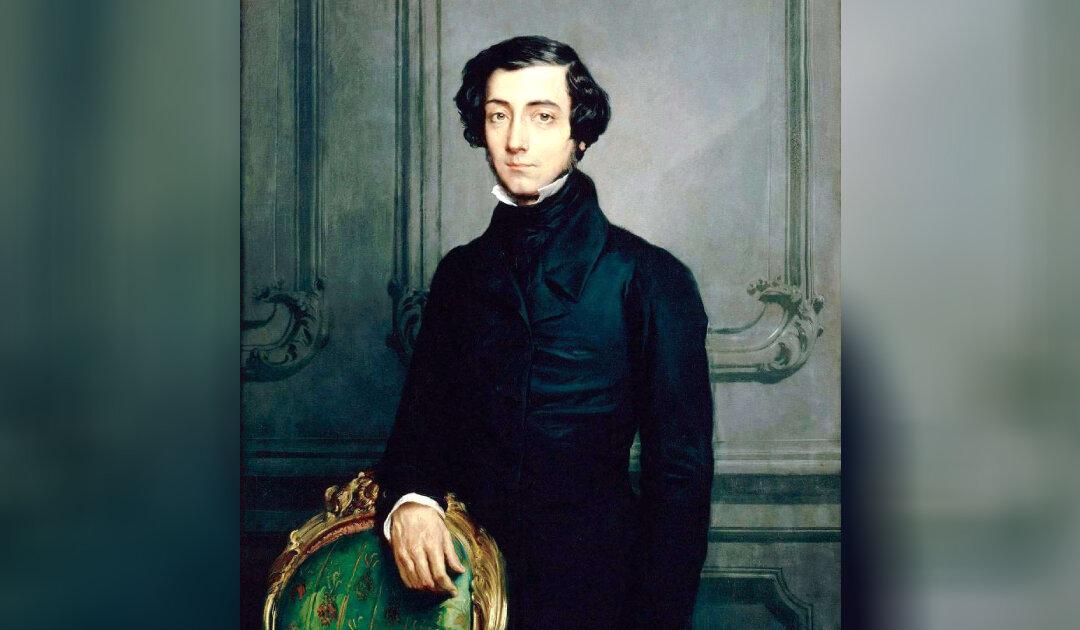On April 30, 1789, George Washington stood on a balcony in New York, his hand on the Bible. Before a large crowd at Federal Hall on Wall Street, he took the oath of office to be the nation’s first president under its new constitution. Less than three months later, the nation that practically assured America’s victory in its revolution was suddenly embroiled in chaos. On July 14, 1789, France would witness the beginning of its own revolution when French revolutionaries stormed the Bastille.
The French-American connection, however, would not be severed. Through turmoil, wars, and political uncertainties, the two nations—one new and another constantly renewed—would retain their connections. Born six years after the end of the French Revolution and not long after Napoleon Bonaparte crowned himself emperor of France, Alexis de Tocqueville would become the perpetual personification of the French-American connection.






